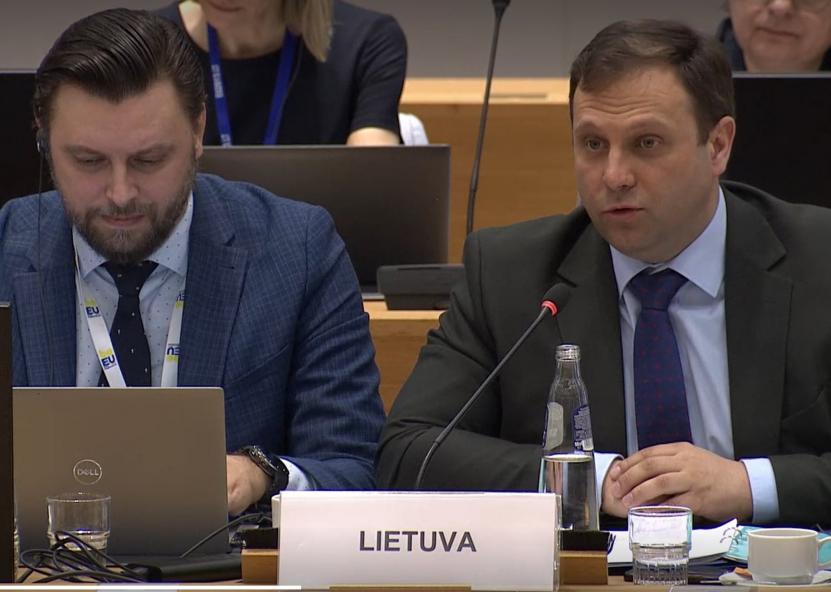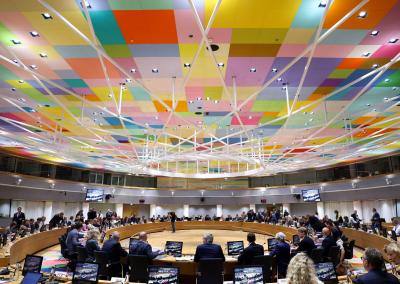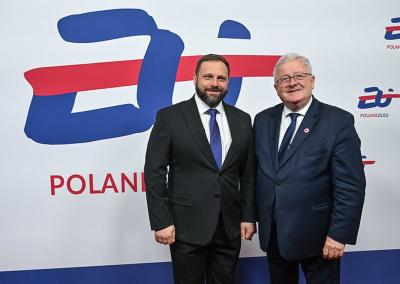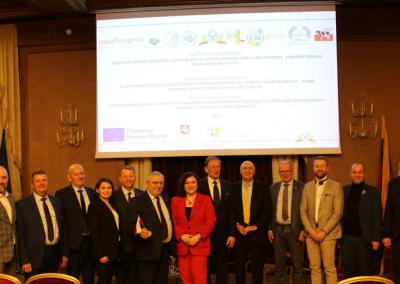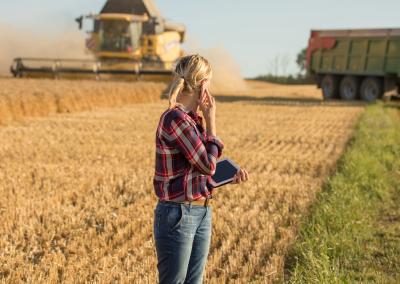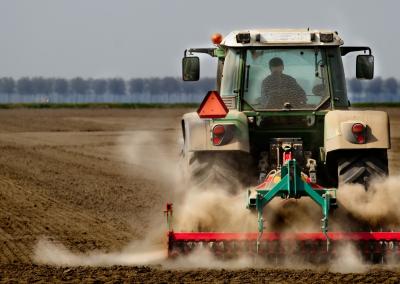The future of Europe's agri-food sector. What is it?
Changing geopolitical realities are creating new challenges for agriculture, which is at the heart of the European Union's (EU's) agri-food policy, in order to ensure its stability, self-sufficiency and competitiveness. These challenges and possible solutions were discussed at the EU Agriculture and Fisheries Council in Brussels.
Agriculture Minister Ignas Hofmann, speaking at the Council about the European Commission's Communication on a vision for the agriculture and food sector, raised one of the key questions: "Do we have the right instruments to implement the vision?"
„We need a separate, well-funded, flexible and simplified Common Agricultural Policy with a two-pillar system. I cannot fail to mention one of Lithuania's fundamental expectations – the harmonisation of direct payments at EU level must be completed without delay. This is important for the competitiveness of Lithuanian agriculture," said the Minister.
Minister Hofmanas also stressed the need to enable farmers to make a living from agricultural activities in the first place. Other economic activities should complement, but not replace, farming income. Ideally, he said, farms should be self-sufficient, i.e. able to produce what they need, such as fodder, energy or other farm products. This is what the farm of the future should be like.
„All regulatory barriers to such an approach must be removed. I will remind you that we have already identified several times in this Council the problems associated with the development of biogas production. It is illogical to prohibit the sale of the biogas and energy produced on the market if the construction of the plant has received EU support. After all, we are talking about the additional income that farms could generate by removing such disruptions," the Minister said.
The Council was also presented with information from Lithuania and Latvia on the implementation of the provisions of the Fisheries Control Regulation on the tolerance for unsorted landings of small pelagic fish.
„The detailed analysis of the situation confirmed our fears – the new provisions of the Fisheries Control Regulation on catch tolerance in many cases lead to severe penalties for fishermen for apparently unintentional mistakes. Particularly in the case of unsorted pelagic fisheries, at sea, it is extremely difficult for fishermen to accurately estimate the catch of each species. There is a legitimate question as to whether there is any purpose at all in applying a derogation for invasive fish. If these cases are found to be serious infringements, fishermen face disproportionate sanctions and loss of access to support from the European Maritime, Fisheries and Aquaculture Fund. There is a risk of irreparable damage to the Baltic fishing fleet and coastal communities", the Minister stressed.
Accurate information on catches is essential to properly assess the state of marine resources. However, Lithuania does not agree that this should be achieved by penalising fishermen for unintentional mistakes.
Ministers also exchanged views on the future of the Common Fisheries Policy. The Minister stressed the need for more flexible regulation and the need to keep our fisheries sector viable and to ensure its long-term economic and social sustainability, so that it contributes effectively to the EU's food security.
EU agriculture and fisheries ministers also discussed the outbreak of foot-and-mouth disease in Hungary, the financing of the purchase of breeding animals through aid, and the future of support for the EU's fisheries sector.



































































































